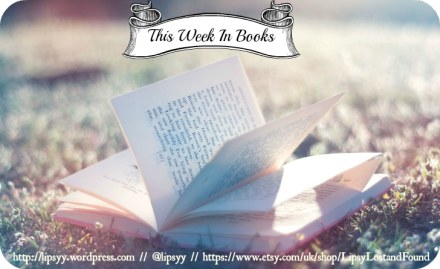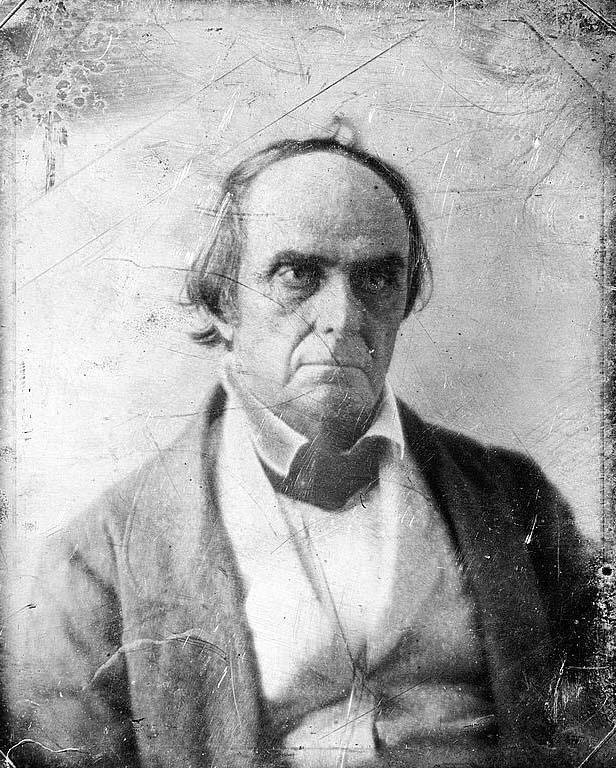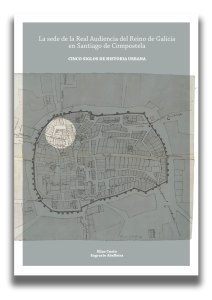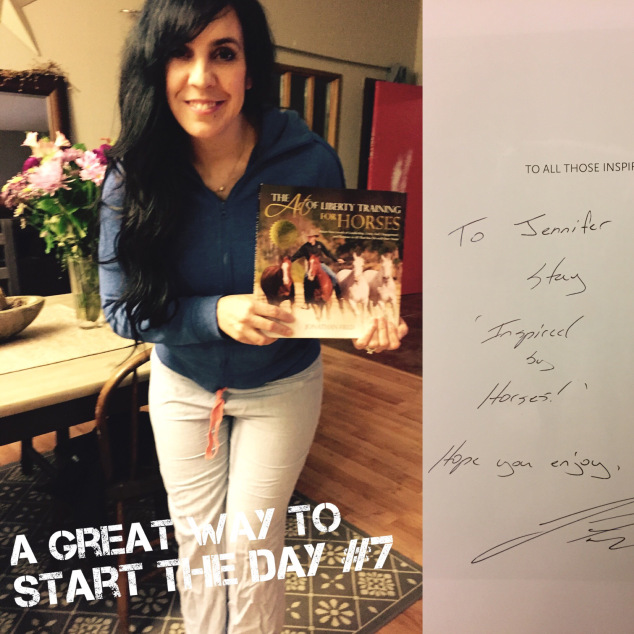When we bade goodbye to The League of Gentlemen on TV in 2002, it appeared to be forever. While stars/writers Mark Gatiss, Steve Pemberton & Reece Shearsmith, along with writer Jeremy Dyson, brought Royston Vasey and its eclectic gallery of grotesques to the big screen in 2005’s Apocalypse, not to mention a second live tour in the same year, on the whole they had all moved on – indeed the film itself was born out of their lethargy when it came to creating more episodes of the League, depicting a fourth wall breaking, ‘meta’ narrative of the characters refusing to ‘die’ and entering the real world. Gatiss entered the world of Doctor Who and Sherlock, Pemberton & Shearsmith went on to Inside No. 9 in particular. The special stuff was a thing of the past.
And yet, in subsequent interviews, none of the creatives behind the League claimed they had broken up, just that they were on an ‘extended break that happened to last fifteen years’. Series 3 of League had intentionally been an experiment, a much different style more in the line of dark comic anthology than sketch show, and a forerunner to what Pemberton & Shearsmith specifically would go on to create in the jet black comedy realm. In choosing to revive the League for three new specials, all of their sensibilities began to combine for this modern new run, blending their penchant for quick fire gags and continuing narrative, as they had started to do during the Second Series.
The great news is that it works. It works because it’s familiar. It works because they’ve successfully stuck to their maxim of bringing the show back like it hasn’t been away, despite the fact TV in the UK as well as across the Pond has changed so dramatically since the days the League debuted on BBC2. That takes real skill in itself and, honestly, these Anniversary Specials could slot in from a continuity perspective straight after Series 3 finale ‘How the Elephant Got It’s Trunk’ and structurally after the Series 2 finale ‘Royston Vasey and the Monster From Hell’. The style is almost exactly the same, sans the laughter track – another borrow from Series 3, and more in line with how prestige, filmed comedy is dealt with in the modern day.
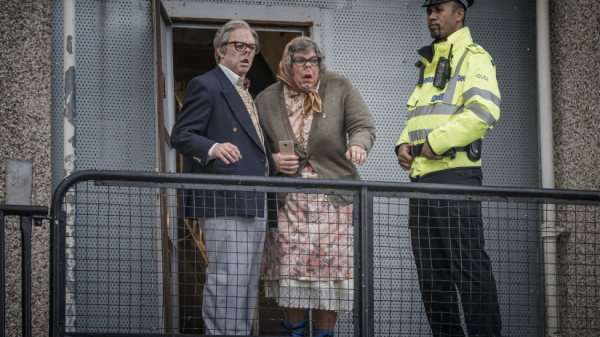
Crucially, the jokes still work, and the performers still know how to deliver them. For all the skill in filming, the creative score and a macabre production design, the League revival would have sank without trace if the comedy hadn’t travelled with these players into the 2010’s. If anything, they feel more keenly observed than ever. ‘Return to Royston Vasey’ immediately presents a mirror to modern Britain; more shops are closed, it looks a bit shabbier, and the little Englander aesthetic is even more pronounced. As we are reacquainted with the horrendous collection of characters that make up the League’s world, scarier they almost seem more like people you could meet in modern Britain. Edward could be a nightmare version of Nigel Farage.
This Brexit analogy forms the crux centrepiece of the entire main arc for Royston Vasey, as the show always had. Series One saw the ‘new road’ threatening the Local Shop (itself a forerunner idea to Brexit in some ways) while Series Two went in more of a horror direction with Hilary Briss’ nosebleed epidemic and ultimately the ‘monster David’ story. Series Three brought the conflict down to earth with the accident involving multiple perspectives but the overarching story idea has always been the same. The Specials are all about borders, Vasey under threat from encroaching bureaucratic oversight, and Edward & Tubbs unexpectedly becoming media sensation folk heroes for their ‘local’ views as we enter ‘Save Royston Vasey’, the second episode – a much darker piece than the first, and perhaps the strongest.
What’s great about these Specials is that they act as a true sequel. These characters may have many of the same quirks or spout the same gags (take Herr Lipp as an example) but they’ve all changed, some in quite brilliant ways. Charlie, for example, is now outwardly gay yet we get a still fantastic reprise of his & Stella’s appeal to ‘Luigi’; Les McQueen genuinely seems to have moved on from his heartbreaking obsession with fame; Legs Akimbo’s Ollie Plimsoles is now in what almost seemed like the inevitable life choice; even Geoff no longer has a gun he can wield because he’s sold it. The gags and situations, many that are familiar to us, are born out of character stories which make sense and are a consequence of previous series. What they do with Pauline, most of all, is truly devastating.

The show also finds time for one or two new creations, in particular tragic bingo caller Toddy. Many commentators have agreed Gatiss delivers a monologue, peppered with clever double entendre, which could well be on a par with his morose mine worker from Series Two, and it’s hard to argue. It’s a long but poignant sketch. The writers are unafraid to bring forward characters who were left behind a little in previous series – Pop, for example, gets more than you would expect to do, but thanks to Pemberton’s superbly creepy performance you will be very happy to see where that character goes. The Specials are, by final episode ‘Royston Vasey Mon Amour’, unafraid to deliver both payoff and suggest the end may not necessarily *be* the end.
If there are criticisms, they are perhaps more subjective. One ongoing plot line that doesn’t work is Benjamin & Val – you realise that entire, weird dynamic was driven by Pemberton’s performance as Harvey, and without it the fun simply isn’t there. Many will feel certain characters deserved more screen time – the aforementioned Herr Lipp, foul mouthed Geordie vicar Bernice Woodall (now town Mayoress), and a certain legendary character who, yes, *does* appear, but you’re honestly best not knowing how or when, simply because there’s a dynamite line to enjoy when it happens. Beyond these minor concerns, and a third episode which has to perhaps cram too much in at the expense of depth or the same bevy of laughs, it’s almost universally strong.
In many ways, The League of Gentlemen return could have been a profound mistake. So many shows of yesteryear, made in a different time for a different generation, are having very mixed returns simply because they’re struggling to adapt their unique style for a modern sensibility. The very fact the League slots right back in, captures the same feel and essence with a matchless quality of writing and performance, almost two decades since they began, speaks to how brilliant these creatives are and just how timeless this show is. Honestly, if these guys are game, there’s no reason this show couldn’t run and run and run.
This may still be a local town for local people, but there’s certainly something for you here.

The League of Gentlemen Anniversary Specials are now available on BBC iPlayer. Let us know what you thought of them. Aliss Klaa!
- More
